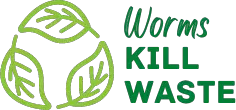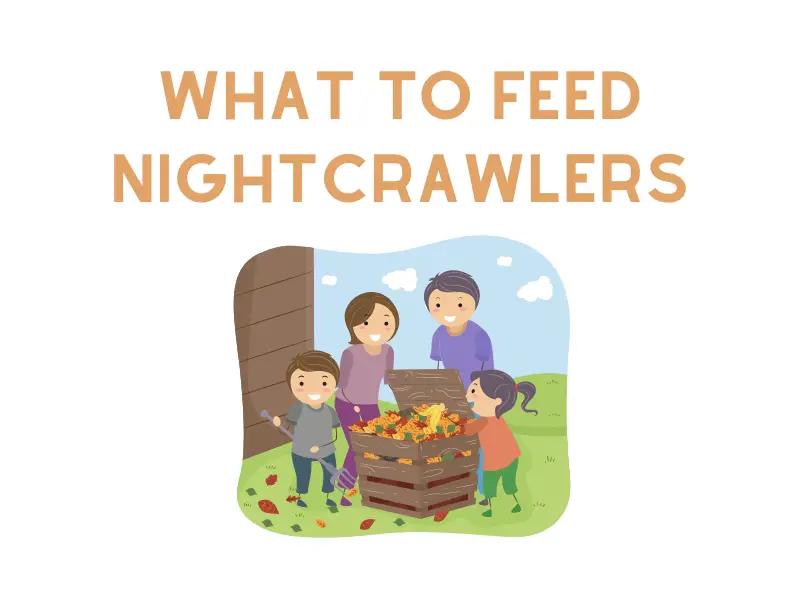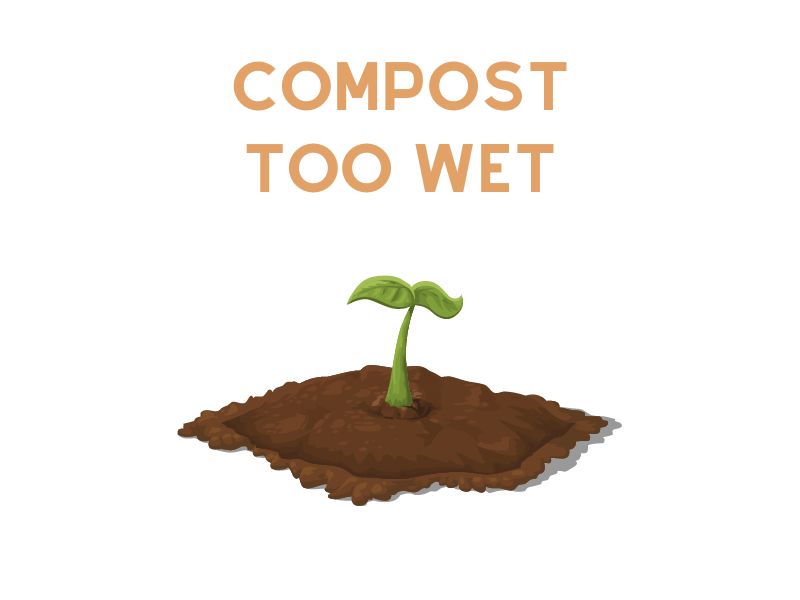Nightcrawlers, also known as Lumbricus terrestris, are a species of earthworms that play a crucial role in maintaining the health of soil ecosystems. Gardeners appreciate these creatures for their ability to aerate and fertilize the soil, while anglers value them as effective fishing bait. In this article, we will discuss the feeding habits of nightcrawlers and provide tips on how to properly nourish them in captivity.
The Natural Diet And Feeding Habits of Nightcrawlers
In their natural habitat, nightcrawlers primarily feed on organic matter, such as:
- Dead leaves
- Decomposing plant material
- Small microorganisms
They consume food by ingesting soil and extracting nutrients in the process. This not only provides the nightcrawlers with sustenance but also enriches the soil with essential nutrients.
Feeding Nightcrawlers in Captivity
People may choose to keep nightcrawlers in captivity for various reasons, including:
- Composting
- Soil enrichment for gardening
- A source of fishing bait
To ensure a healthy population, it’s important to maintain optimal conditions, such as:
- Appropriate moisture levels (70-90% humidity)
- Temperature (50-70°F or 10-21°C)
- Bedding material (peat moss, coconut coir, or shredded newspaper)
Foods to Provide
When feeding captive nightcrawlers, provide a variety of organic materials, including:
- Fruit and vegetable scraps
- Coffee grounds
- Crushed eggshells
- Leaf litter
It’s essential to avoid processed or salty foods, as these can be harmful to the worms. As a general rule, feed them food that decomposes quickly and doesn’t attract pests.
How Much to Feed Nightcrawlers
The amount of food you should provide depends on the size of your nightcrawler population. A general guideline is to offer food equivalent to about 25-30% of the worms’ total weight. For example, if you have one pound of nightcrawlers, you should provide roughly 1/4 to 1/3 pound of food. Be sure to monitor consumption and adjust the amount accordingly.
How Often to Feed Nightcrawlers
It’s generally recommended to feed nightcrawlers once or twice a week, depending on the size of the population and the amount of food they consume. If you notice leftover food, wait until it’s consumed before adding more. Consistently monitoring the consumption rate will help you determine the appropriate feeding frequency for your population.
Signs of a Healthy Nightcrawler Population
A healthy nightcrawler population is characterized by:
- Active movement
- Dark coloration
- Plump bodies
Keep an eye on the habitat, and address any issues promptly. A foul smell, mold, or excess moisture may indicate a problem that requires attention.
Conclusion
Feeding nightcrawlers properly is essential for maintaining a thriving population. By providing a suitable diet and environment, you can ensure the well-being of these valuable creatures. Whether you’re using them for composting, gardening or fishing, properly nourished nightcrawlers will help you achieve your goals.
FAQ About Feeding Nightcrawlers
To help you better understand the feeding of nightcrawlers, here are some frequently asked questions and their answers:
Can I feed nightcrawlers food scraps from my kitchen?
Yes, you can feed nightcrawlers fruit and vegetable scraps from your kitchen. However, avoid giving them processed or salty foods, as these can be harmful to the worms.
Is it necessary to add grit to the nightcrawler’s diet?
Providing a source of grit, such as crushed eggshells or sand, can be beneficial for nightcrawlers. Grit helps them break down food more efficiently by aiding their digestion process.
How can I tell if I’m overfeeding or underfeeding my nightcrawlers?
Overfeeding can lead to foul odors, mold growth, and excess moisture in the worm bin. If you notice these issues, reduce the amount of food provided. If your worms are consuming all the food quickly and appear to be searching for more, you might need to increase the amount.
What should I do if I notice mold or pests in my nightcrawler bin?
If you notice mold or pests, remove any uneaten food and affected bedding material. Ensure that you’re not overfeeding, and maintain proper moisture and temperature levels. In some cases, you might need to add fresh bedding material or introduce predatory mites to help control pests.
Can I feed nightcrawlers meat or dairy products?
It’s best to avoid feeding nightcrawlers meat or dairy products, as these can attract pests and produce foul odors. Stick to plant-based materials, such as fruit and vegetable scraps, coffee grounds, and leaf litter.
Do nightcrawlers require any specific supplements to maintain their health?
Nightcrawlers typically obtain all the nutrients they need from their diet of organic matter. However, occasionally adding a calcium source, like crushed eggshells, can help support healthy growth and reproduction.





